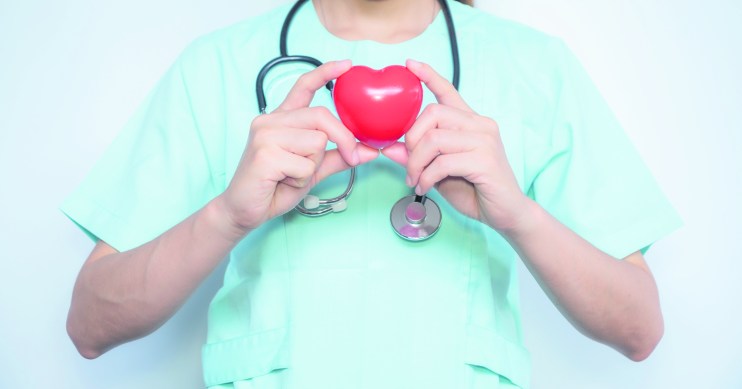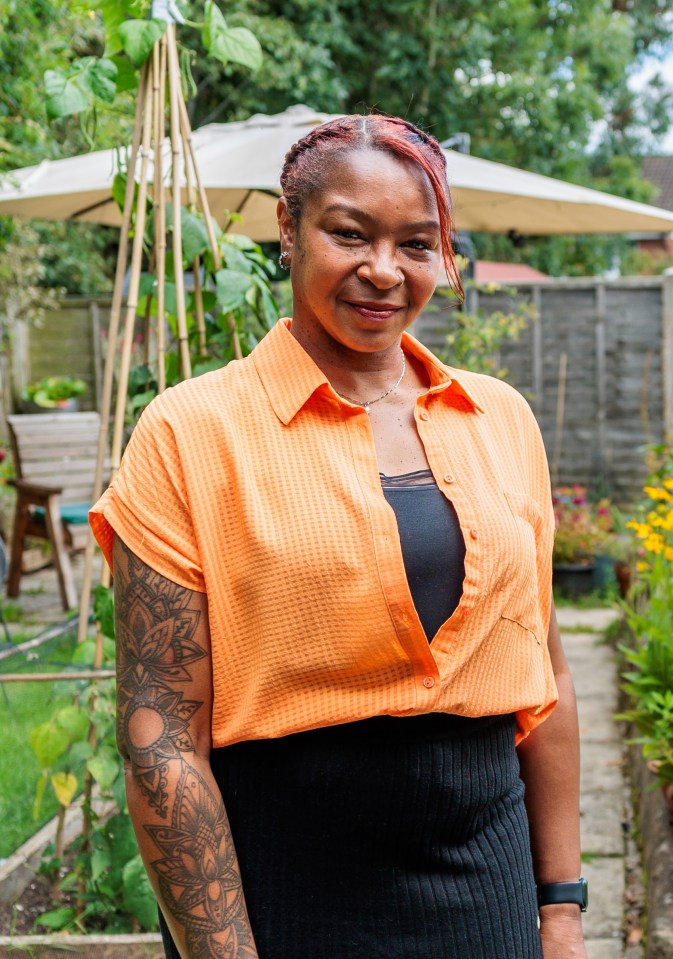Heart Attacks: Why it’s never too early to call 999

When you or someone you love suffers from a heart attack it might not look like it does in the movies: learning the symptoms can help save lives
There are few things more terrifying than the prospect of having a heart attack. But despite being one of the leading causes of death in the UK, there is a huge amount of misunderstanding around what this condition is, what its symptoms are and what you should do if you or someone around you might be having one.
Heart and circulatory disease, also known as cardiovascular disease (CVD), are responsible for a quarter of all deaths in the UK, rising to the number one cause of early death in deprived areas.
But heart attacks are also, in most cases, treatable. Out of 80,000 hospital admissions in England each year, seven out of ten people survive, and that number rises to more than nine in ten for those that reach hospital and receive the appropriate treatment.
This means knowing the symptoms of a heart attack and knowing what to do when you spot them is a crucial step in ensuring you or your loved ones are able to make a recovery.
Often people don’t realise they’re having a heart attack, either because they don’t recognise the early signs, or because they don’t consider them severe enough. But a heart attack is an emergency, and it’s never too early to call 999
Professor Nick Linker, cardiologist and National Clinical Director for Heart Disease, NHS England
The most important thing to remember if you suspect someone is suffering from a heart attack is to call 999 immediately – that way you’ll get the best care from trained professionals as soon as possible. The sooner you get care the better the long-term outcome is likely to be. Never delay calling 999 while you wait to see if the symptoms abate: every minute counts.
It’s also important to realise that heart attacks do not always look like they do in the movies, with someone falling to the ground clutching their chest.
While the most common symptom is chest pain, symptoms can vary from person to person, including shortness of breath, feeling lightheaded or dizzy, a feeling of unease or an overwhelming anxiety similar to a panic attack, and feeling or being sick.
Contrary to what many people believe, heart attack pain doesn’t always feel severe, with most people experiencing moderate discomfort coupled with a sensation of pressure, heaviness, tightness or squeezing across the chest.
Discomfort may not be localised, with pain sometimes spreading from the chest to the arms (usually the left but it can affect both), jaw, neck, back and upper abdomen – sometimes the pain is in one of these other areas and not in the chest. Sharp, localised pain, on the other hand, is less likely to be cardiac.
It is entirely possible that a heart attack sufferer will remain conscious, able to breathe, move and speak, and not suffer from any noticeable medical issues such as bleeding. As these symptoms do not align with the stereotype seen in films, there can be reluctance – or even feelings of guilt and shame – associated with calling for help.
Others are deterred from calling 999 because they are unwilling to emotionally accept that they or a loved one are having a heart attack. But never “wait and see” – make the call and you will increase the chance of recovery.
Studies have shown that men are more likely to recognise that they are having a heart attack, with women more likely to dismiss the symptoms. And while women are generally less susceptible to heart attacks, their risk increases after the menopause.
The risk of having a heart attack is increased by smoking, a high fat diet, diabetes, high cholesterol, high blood pressure, and being overweight or obese, but that doesn’t mean you should dismiss the symptoms in apparently “low risk” people or delay calling for help.
That said, you can still help prevent heart disease by making healthy lifestyle choices, including managing your weight and quitting smoking. You can also benefit from taking routine blood pressure and cholesterol checks, especially if you are in a higher risk category.
Professor Nick Linker, cardiologist and National Clinical Director for Heart Disease, NHS England, said: “Often people don’t realise they’re having a heart attack, either because they don’t recognise the early signs, or because they don’t consider them severe enough to trouble the NHS. But make no mistake, a heart attack is a medical emergency, and it’s never too early to call 999 and describe your symptoms.”
If you or someone around you experiences symptoms similar to those listed above, call for help immediately.
For more information go to nhs.uk/heartattack
‘I was really fit – we thought it could not be a heart attack’
When Senior Nursing Lecturer Jaye Ryan, 56 from Wolverhampton, had a heart attack last year, she had no idea what had happened to her
Had you ever had a problem with your heart or health?
No, I’m really fit and before lockdown I did spin classes three or four times a week. I bought a spin bike so I could carry on doing it at home and as soon as I could I went back to my classes. I eat healthily and I’m the right weight so I always felt I was looking after myself.

I was hit by a horrendous chest pain going right through to my back, into my shoulder blades, jaw and neck.
Jaye Ryan, 56
Can you describe what happened to you?
It was a normal Sunday in February last year. Our son Adam was home from Manchester for the weekend and was watching football with my husband Jason, so I went upstairs to wash my hair. As I wrapped the towel round my hair and stood up I was hit by a horrendous chest pain going right through to my back, into my shoulder blades, jaw and neck. I stumbled to the bedroom but the pain was so intense I couldn’t lie down and my arms felt loose and floppy. All I could think was if the pain didn’t stop I was going to die. I felt short of breath and could hardly speak, much less call for help, and I didn’t want to make a fuss and spoil the family weekend.
How long did that go on for?
After six or seven minutes the pain faded and, after lying down for a while, I went downstairs. Jason said “Are you alright?” and I said “I think so – I had a horrendous pain in my chest.” He said “What, like a heart attack?” and immediately we both said, “Nah” as I was really fit. He asked me a few times that evening if I was okay and I kept saying I’d be fine once the pain went away. We even had a family photo taken after the heart attack and you can’t see anything wrong with me!
Did you feel better later?
Not really. The next morning, despite an awful ache in my chest, I drove my usual 24 miles to work. I felt out of breath and getting up two flights of stairs was hard work. When my colleague came in I told her what had happened and she didn’t want to scare me, but said she’d read something about women having heart attacks that sounded similar to what I was describing. She was concerned about my heart, so she sent me off to A&E.
How were you treated?
At the hospital I had quite a few tests, but after having an extensive ECG, it was clear that I was having a heart attack. I was completely shocked – I was physically fit, had no pre-existing heart health problems and there was no history of heart issues in my family.
How are you doing now?
I’m still on a slow-phased return to work and work from home convening an online MSc Nursing module.
What would you say to anyone who has similar symptoms?
Don’t think twice about calling 999 – if there’s even the slightest doubt in your mind, pick up the phone: it could save your life!